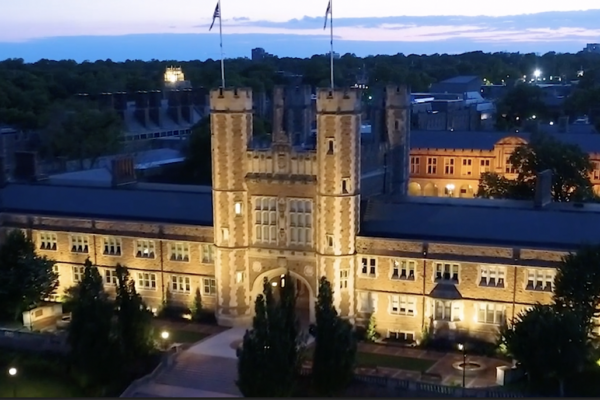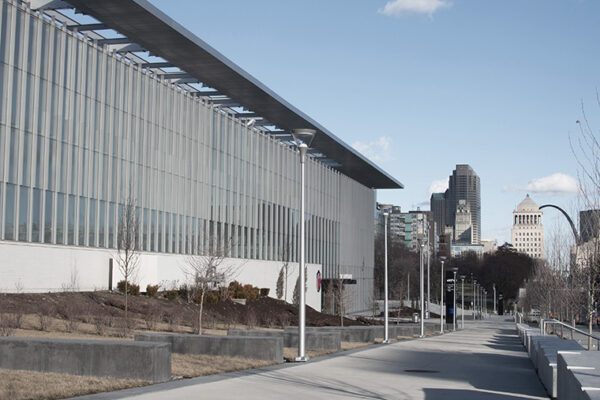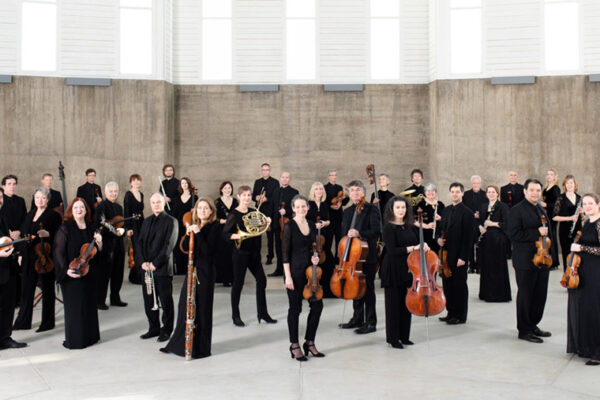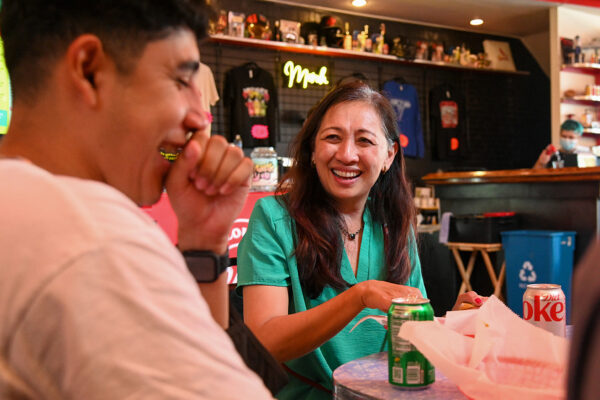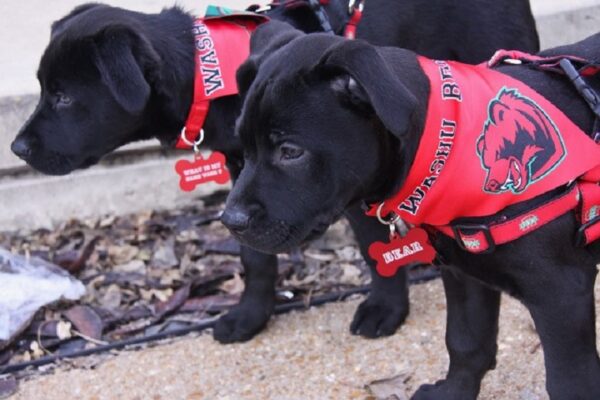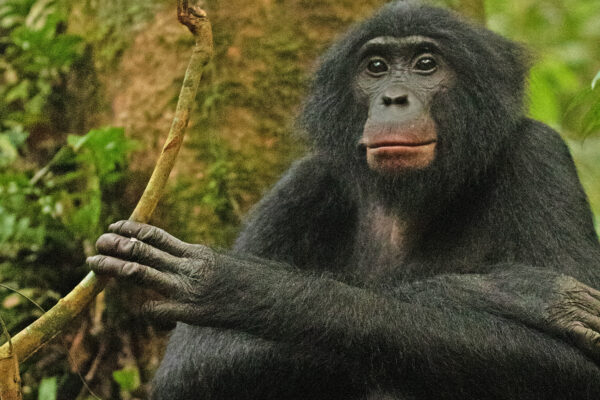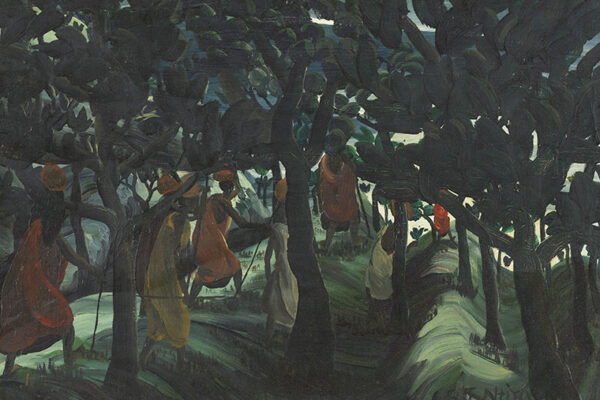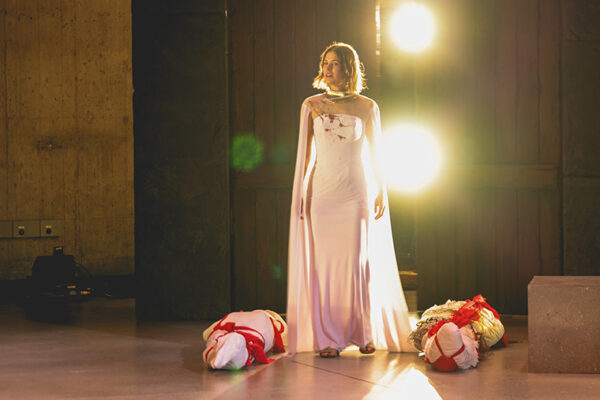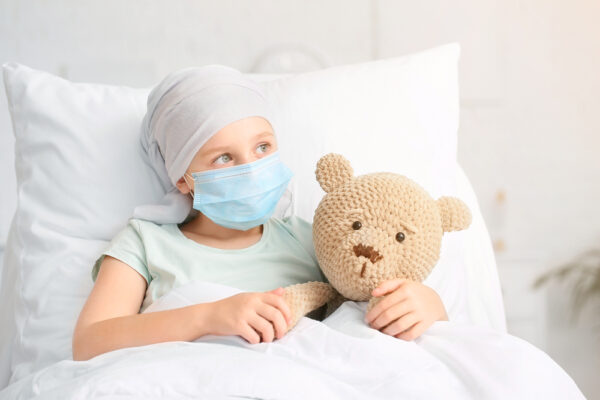WashU at Night: A look at campus life after dark
Every night, members of WashU’s 400-plus student groups and nearly 500 intramural and club sport teams fill classrooms, studios, common spaces and fields to perform, practice, build and compete. Get a small glimpse of one week’s nocturnal action.
Stadiums don’t save cities
Large-scale redevelopment is often pitched as a strategy for reviving struggling downtowns. Yet such projects — with their acres of asphalt and tenuous connections to surrounding environs — are usually poor substitutes for the organic neighborhoods they displace, argues Patty Heyda, an associate professor of urban design at the Sam Fox School of Design & Visual Arts.
Academy of St Martin in the Fields with cellist Gary Hoffman
England’s legendary Academy of St Martin in the Fields, known for its “delectable mix of drive and vibrant coloring” (Baltimore Sun), will perform music of Schubert, Schumann, Sallinen and Tchaikovsky March 4 as part of the Department of Music’s 2023 Great Artists Series.
New course promotes open dialogue, freedom of speech
In our highly polarized world, students often struggle to navigate tough conversations and engage with viewpoints that challenge their own, says Anna Gonzalez, vice chancellor for student affairs. That is why Washington University is introducing “Dialogue Across Difference,” an eight-week course that teaches undergraduate students how to explore difficult topics such as politics, religion, race, gender and socioeconomic identity in a positive and productive way.
City SC is game changer for downtown St. Louis, MLS
St. Louis City SC will stand out in Major League Soccer for its gameday experience, top-of-the-line technology and commitment to sustainability, says Olin Business School sports economist Patrick Rishe. But how much of an impact will the new team have on downtown St. Louis and the economy?
Puppies Bear, Brookie train to be therapy dogs
After a “ruff” start, rescue puppies Bear and Brookie have a new home at Washington University in St. Louis, where they are training to be therapy dogs. The pups reported for duty a week ago and already have hundreds of human friends and their own Instagram account, Comfort Dogs of WUPD.
Malaria infection harms wild African apes
Scientists led by Emily Wroblewski, in Arts & Sciences, discovered that bonobo populations differ in a key immune trait depending on the presence of malaria infection. Infected populations have a higher frequency of an immune variant that protects against developing severe disease, a pattern that mirrors what is observed among human populations.
‘African Modernism in America’
In the years after World War II, a series of global shifts, including African decolonization and the U.S. civil rights movement, led artists to explore a new politics of form, synthesizing and integrating different visual and cultural traditions. This spring, the Mildred Lane Kemper Art Museum will present “African Modernism in America,” the first traveling survey to examine the diverse aesthetic strategies, and complex relationships, between African artists and American artists, scholars, patrons and cultural organizations.
A contemporary ‘Oresteia’
Can murder excuse murder? In “The Oresteia,” her adaptation of the epic Greek trilogy, contemporary playwright Ellen McLaughlin explores cycles of violence, the ironies of vengeance and the often-tangled search for justice.
Medicaid expansion improves childhood cancer survival
Medicaid expansion may improve outcomes for children with cancer, finds a new analysis from the Brown School and the School of Medicine. Researchers found there was a 1.5% increase in overall survival after 2014 in states that expanded access to Medicaid compared with states that did not.
View More Stories
